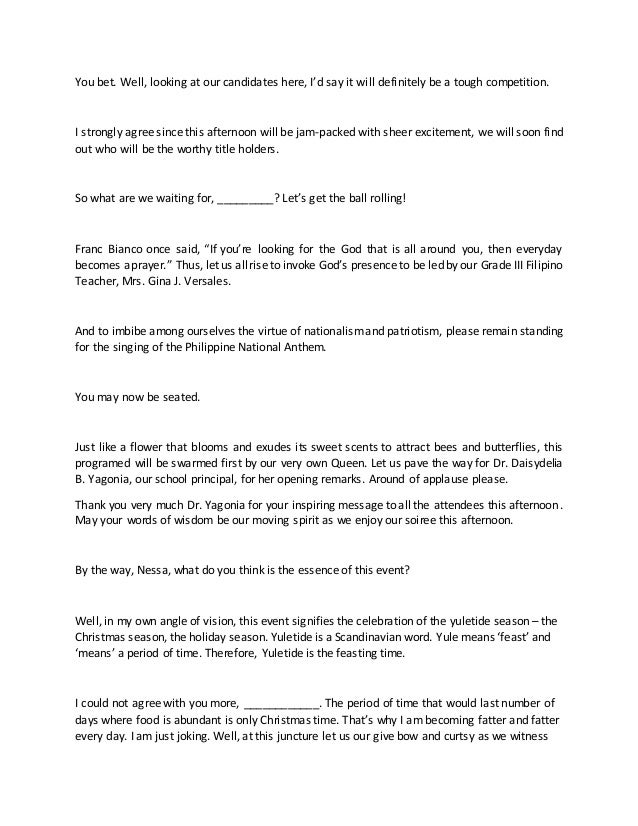
The rules and rituals themselves are known to have been compiled or written by the pontifical masters of ceremonies, dating back to the time of Pope Gelasius I (492–496) with modifications and additions made by Pope Gregory the Great (590–604).

However, copies of books prescribing the forms of rituals, rites and customs of pontifical ceremonies are known to have been given to Charles Martel in the 8th century. Names of Masters of Ceremonies are known since the late Middle Ages (15th century) and the Renaissance (16th century). Īccording to the Catholic Encyclopedia, the most ancient ceremonials and rituals of the Catholic Church are the Ordines Romani. The role of the master of ceremonies is outlined in the Ceremonial of Bishops, Nos. Examples of official liturgical books prescribing the rules and regulations of liturgical celebrations are Cæremoniale Romanum and Cæremoniale Episcoporum. He may also be an official involved in the proper conduct of protocols and ceremonials involving the Roman Pontiff, the Papal Court, and other dignitaries and potentates.

The Master of Ceremonies is an official of the Papal household responsible for the proper and smooth conduct of the elegant and elaborate rituals involving the Pope and the sacred liturgy. The office of the Master of Ceremonies itself is very old. In addition, the term also exists in various chivalric orders and fraternal orders.Īlternative names include compère (for men), commère (for women), host, presenter, announcer, and microphone controller.

This usage occurs in the entertainment industry, for example in reference to television game show hosts, as well as in contemporary hip hop and electronic dance music culture. Today, the term is often used to connote a person who presents performers, speaks to the audience, entertains people, and generally keeps an event moving. The master of ceremonies sometimes also refers to the protocol officer during an official state function, especially in monarchies. The term is earliest documented in the Catholic Church since the 5th century, where the master of ceremonies is an official of the Papal Court responsible for the proper and smooth conduct of the elaborate rituals involving the pope and the sacred liturgy. For other uses, see Master of Ceremonies (disambiguation).Ī master of ceremonies, abbreviated MC or emcee, is the official host of a ceremony, staged event, conference, convention, or similar performance.


 0 kommentar(er)
0 kommentar(er)
